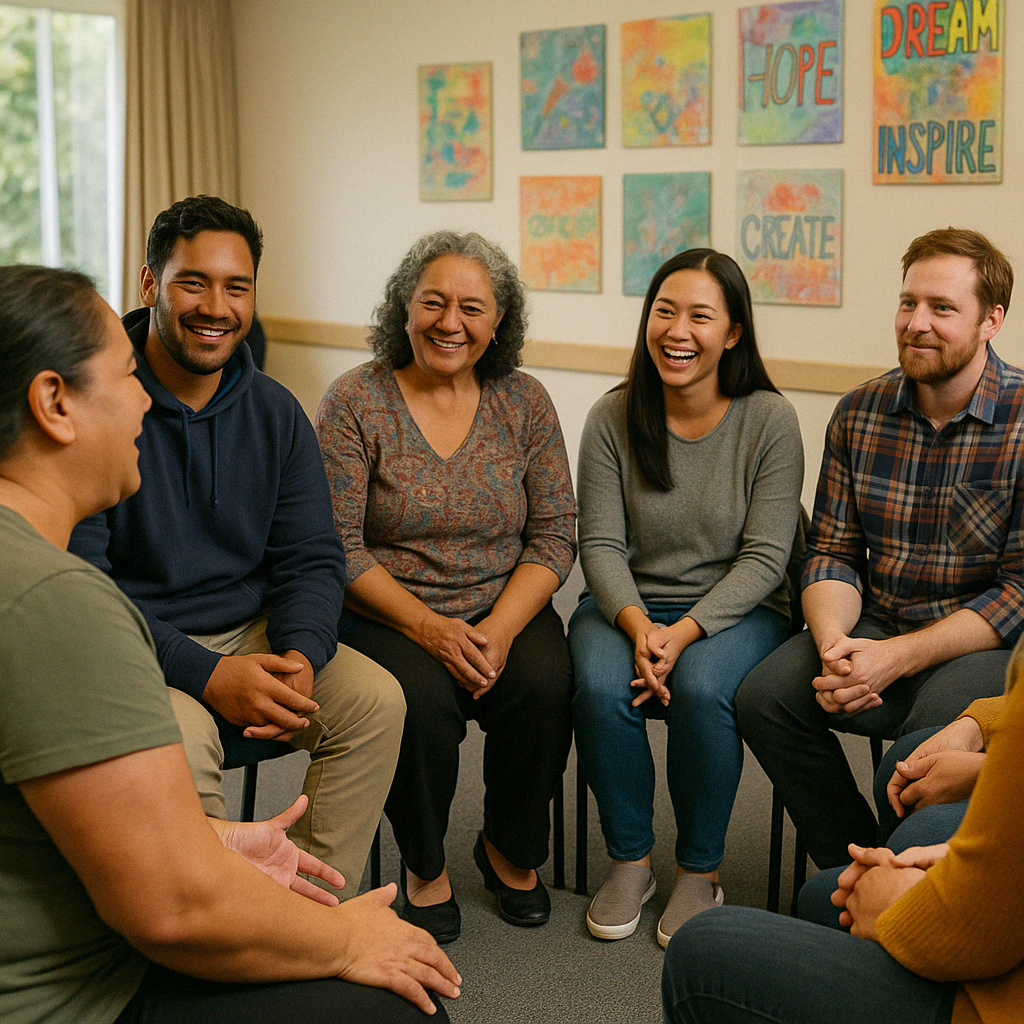
When Talia arrived at Birthright Waikato, she was trying to hold everything together. A solo mum with a neurodiverse child, she was sharing a single bedroom in temporary housing after fleeing family violence. She struggled with anxiety and depression, carried intergenerational trauma, and faced constant pressure to meet her family’s basic needs.
With no whānau support, navigating services like Work and Income was overwhelming. Talia often felt invisible and judged. Birthright's social workers built trust slowly, helping her define clear goals and advocating for her through complex systems. They helped her secure better housing, access income support, and get mental health referrals for both herself and her child.
Talia began engaging in parenting support groups and reconnected with her cultural roots through a new Māori wellness partnership. Her child started counselling and self-esteem programmes through their school—run by Birthright’s youth team.
The whānau’s stress levels have lowered. There’s laughter again. Talia’s still on a healing journey, but she now feels supported, not alone. Her confidence is growing. She’s back studying part-time and is even mentoring a new parent in a similar situation. “I didn’t think I’d ever get here,” she told her case worker. “But you believed in me when I couldn’t believe in myself”
